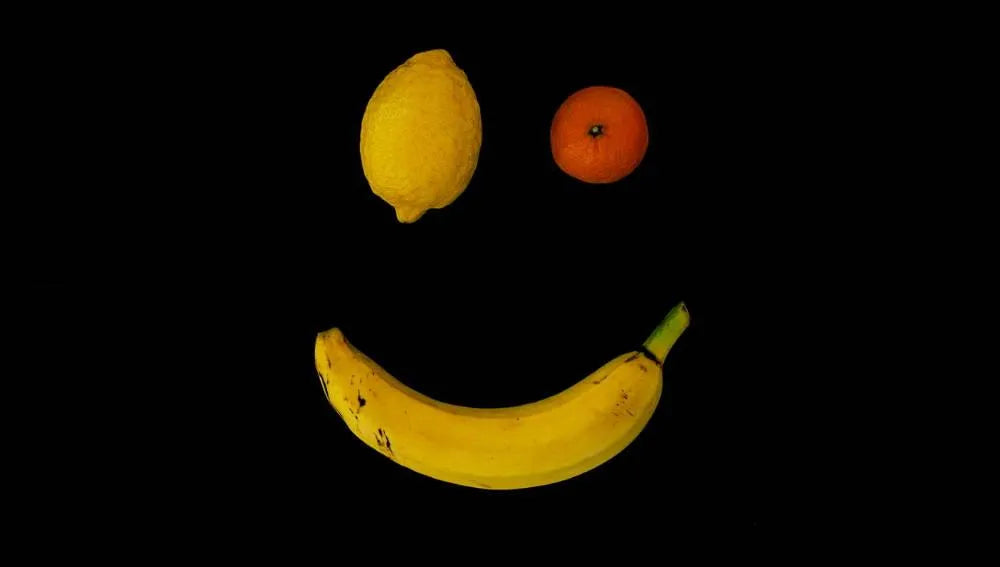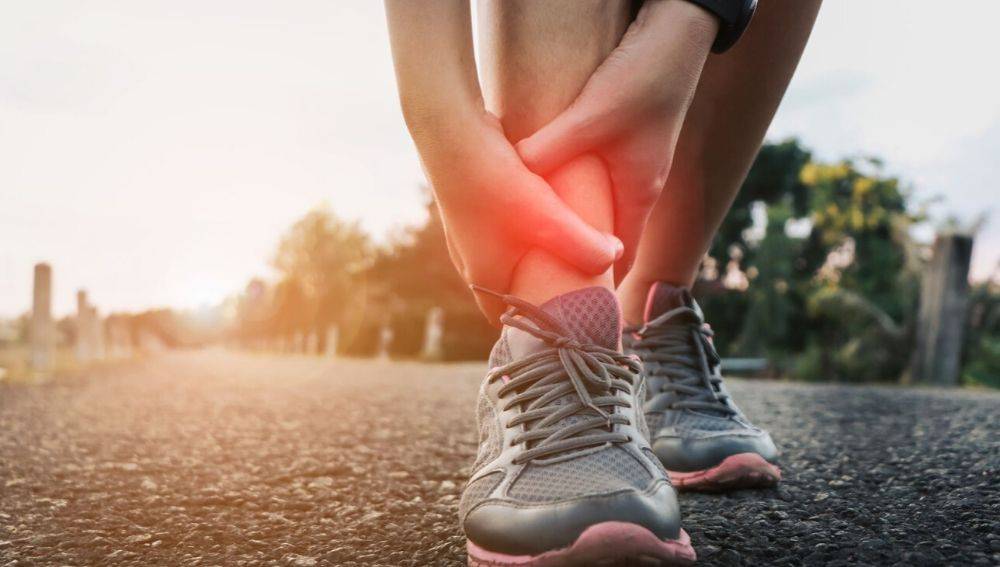Your Cart is Empty
Stress Busting Foods
May 01, 2021 5 min read

Stress is a normal biological response to a perceived challenge or demand. In short bursts, it is completely healthy and forces the body to adapt and overcome. However, when stress isprolonged, it is detrimental to our health and associated withnumerous chronic conditions such as cardiovascular disease, diabetes,dementia and mental health conditions such as anxiety syndrome.The American Psychological Association (APA) defines anxiety as “an emotion characterized by feelings of tension, worried thoughts and physical changes like increased blood pressure.”[1] It is estimated that ~14% ofadults and~7% of childrenexperience generalised anxiety disorder, making itone of the most common of all mental health conditions. [2, 3]
We’ve all felt stressand anxietyat some point in our lives. A racing heart, a flushed face, queasiness in our stomach; it’s nota feeling that is enjoyed. Frustratingly, stress and anxiety are not always produced bygenuine threats, whichmeans that everyday activities can cause us anxiety. This includes things likeimportant events,starting a new job, waiting foran important call,speaking in front of people (in fact a survey once found that people were more afraid of public speaking than death[4]) and sometimes anxiety is caused by no obvious reasonat all.
What actually happens when we feel stressed or anxious?
Well, first the brain receives a stressful input at the hypothalamus, then it communicates with a gland at the base of the brain called the pituitary gland. This gland produces important stress hormones, which then stimulate other important glands on top of the kidneys called the adrenal glands. This pathway is called the HPA axis and is our major stress pathway. At this point, more hormones are produced which then cause a stress-responses such as increased blood pressure, increased fat and glucose production, protein break-down, constriction of blood vessels, increased respiration and pupil dilation.[5] This is called the fight or flight response.
Men and women experience and deal with stress differently
Men tend to experience stress more strongly, partly because women produce more oxycontin, which offsets the effects of cortisol and epinephrine (powerful stress hormones produced by the adrenal glands). Women also have stronger innate immune systems, making them more resilient to stress but placing them at increased risk for autoimmune diseases. Women also tend to deal with stress differently, seeking support and relationships during periods of stress and anxiety, whereas men tend to deal with stress in a true fight or flight manner (bottle it up, try and escape or fight back).[6]
Figure 1: Stress response in men and women
The three-phase process for stress
- Alarm -The alarm stage is when the central nervous system is aroused and the body's defences are mobilised (namely, the ‘fight or flight’ response).
- Resistance - Hormones extend and enhance the ‘fight or flight’ response.
- Exhaustion. - Continuous stress causes the progressive breakdown of compensatory mechanisms andthebody’s overall balance (homeostasis).[7] This stage of exhaustion marks the onset of certain diseases and would be considered burn-out.
Ultimately, we need to employ strategies that make our bodies more resilient to early stress to prevent progression into stages 2 and 3.
How do we make ourselves more resilient to stress?
There are many effective strategies(pharmaceuticals,exercise, meditation, sleep etc.) but oftennutrition isnot given the credit it deserves.Our diet has a powerful effect on our mood and there are a few key things we can do to helpreduce ourstress andanxiety. Two such simple things include reducing ourcaffeine and sugarconsumption, which have both been shown to be able negatively affect mood and anxiety symptoms (in certain populations) and can also negatively affect sleep (which can promote anxiety)[8].There are also a number of individual nutrientsthat can help combat periods of stress and anxiety, which include antioxidantssuch as glutathione, vitamin C and E, selenium and carotenoids[9]; the minerals zinc [10] andmagnesium [11, 12], the b vitamins [13] and omega-3 fatty acids.[9, 14] There is some emerging evidence that vitamin D may improve feelings of anxiety[15-17], however more research is needed. Finally, there is also another class of nutrients called adaptogens, which may also assist in reducing overall feelings of stress and anxiety. These include herbs such asrhodiola rosea [18] and ashwagandha.[19]
Food that helps with stress
High protein diets are important for overall health, but foods that are high in protein are often nutritional giants. Tryptophan, which is an important precursor for our happy hormone, serotonin, is found abundantly in high protein foods such as:
1. Meat, poultry and eggs.
Diets high in protein provide significant volumes of many of our B-vitamins, especially B12, which is only found in animal products. Not to mention, eggs are also high in Vit D which has been linked to improving moods.
2. Whey Protein
High quality Whey protein is a valuable source of protein. It provides significant amounts of cysteine, which is needed to make glutathione, our major antioxidant.
3. Seafood
Seafood is another brilliant source of protein and the fattier sources also provide omega-3 fatty acids, which have been shown to be able to reduce anxiety symptoms. Many forms of seafood also provide significant sources of vitamins D, selenium and zinc, making seafood a stress-busting powerhouse.
A perfect example of a seafood that's a good source of protein, and omega-3 fatty acids' Salmon. It is also considered as one of the best sources of Vit B12, potassium, iron, and Vitamin D.
4. Citrus fruits
Citrus fruits such us oranges, lemons, pomelos, and grapefruit are good source of Vit C. They're an instant immunity booster, and a good antioxidant. There has been studies that Vit C helps reduce stress levels. Plus, the aroma it exudes when you peel it is quite relaxing, and calming too.
5. Berries
Have you been adding strawberries, raspberries of blackberries to your shake or topped in your breakky pancakes? Then you're doing it right! These berries aren't only delicious but are good source of Vit C.
6. Kiwi fruit
Kiwi fruit might be small, but it is one mighty fruit! It is full of nutrients- Vit C, Vit K, Vit E, folate, and potassium. It also have heaps of antioxidants and high in fiber.
8. Banana
Bananas are rich in B-vitamins such as vitamin B6, and folate. These are fundamental in the production of serotonin, or in simple explanation, pumping happy brain chemicals.
9. Kale
This dark, and leafy vegetable is rich in Vit C, and beta-carotene which helps boost antioxidant levels, and brain functuoning
10. Brocolli
To get enough vitamin C, it’s tough to go past fruits and veggies like strawberries, kiwi fruit, kale and broccoli.Broccoli is also part of the cruciferous family which has high levels of an important sleep-promoting substance called GABA.Vitamin E and magnesiumare found in nuts, seeds and leafy greens, which means that if you’re wanting to follow a stress busting diet, it should be high in protein, fruits and veggies (sound familiar)?
There are times of course when our diet is not able to meet our nutritional needs. This might be when we’re unwell, if we have an increase in our training volume, if we’re pregnant or if we’re experiencing a particularly stressful situation. In these times, there are some fabulousproducts we can use to help get us through these challenging periods.
The below list includes a few of my favourite VPA® stress-busting supplements:
1. WPI- to help fight stress and provide the building blocks for our happy hormones
2. ZMA6 Recovery-help with recovery whilst also reducing stress and anxiety
3. GABA-promotes sleep and reduces nerve activity
4. Harmony tea- promotes relaxation
Sold out
Sold out
Sold out
Sold out
And don’t forget that whilst diet plays a very important role in beating stress, so too are things like exercising, getting enough sleep, meditating and notspending time people who make us feel like rubbish.
Also in Diet and Nutrition

Best Supplements for Injury Recovery (And Nutrition Tips to Heal Faster)
May 21, 2025 6 min read
Read More Recent Articles
- Best Supplements for Injury Recovery (And Nutrition Tips to Heal Faster)
- Does Whey Protein Have Lactose? What You Need to Know
- Protein Shake for Breakfast: Is It a Healthy Choice?
- How to Bulk: A Complete Guide for Beginners
- 10 Quick Pre-workout Bites to Power Your Training
- Banish the Belly Bloat: Simple Solutions for a Flatter Feeling
- Navigating the Golden Years: Enhancing Mobility as You Age
- A Comprehensive Dive into the World of Biohacking
- Why you should try the Mediterranean Diet
- Managing Blood Sugar Spikes: A Comprehensive Guide for Better Health
${{amount}}










![[Batch-tested] Collagen Pro® - Protein Powder](http://www.vpa.com.au/cdn/shop/files/vpa-australia-collagen-powder_1600x.webp?v=1770851517)





